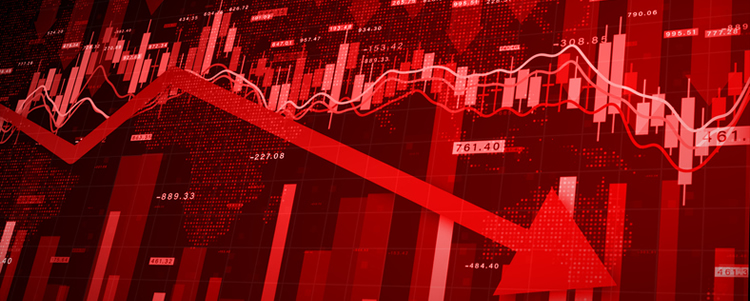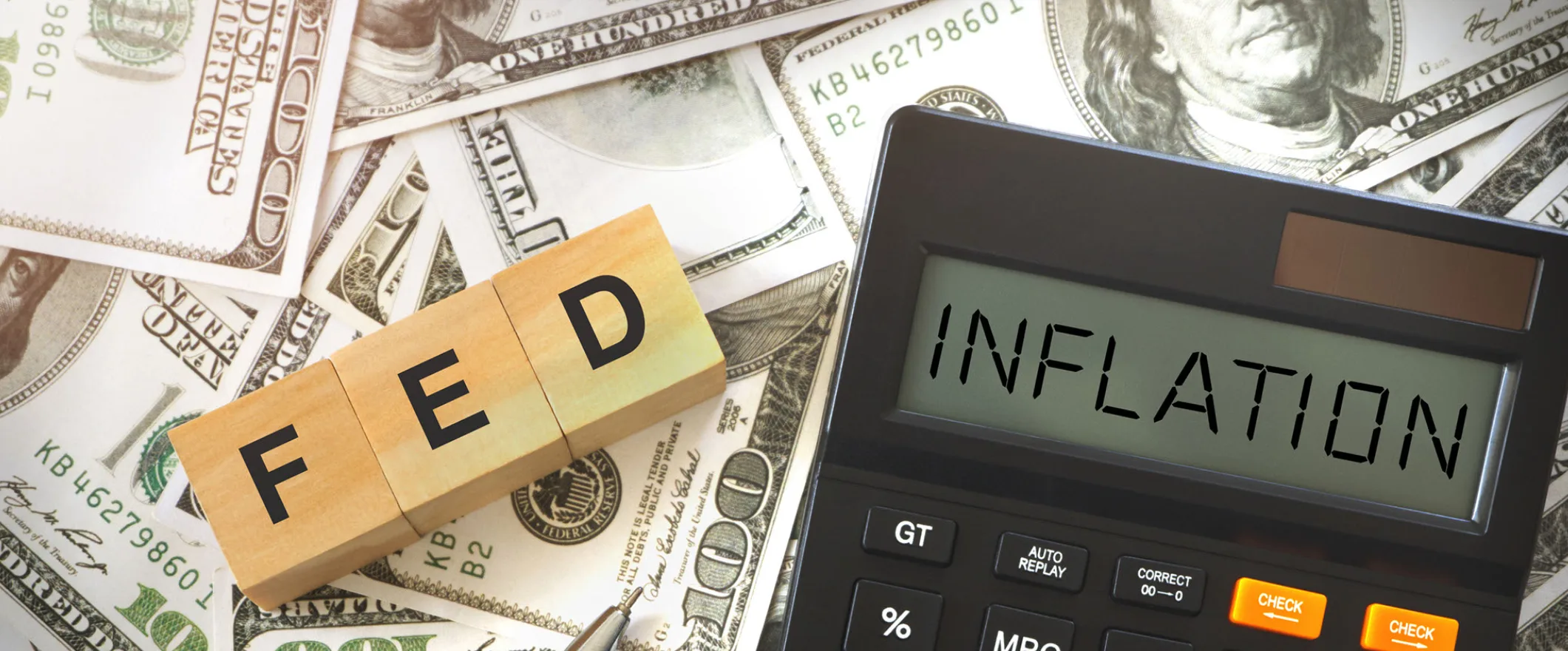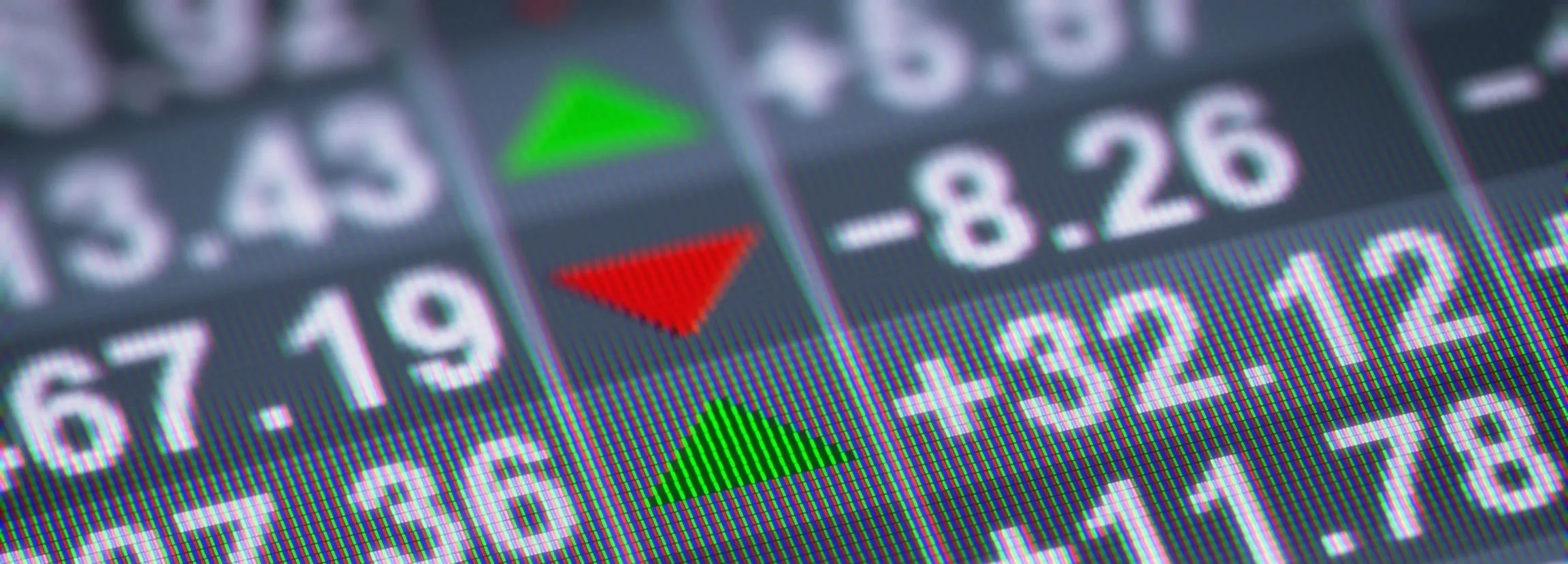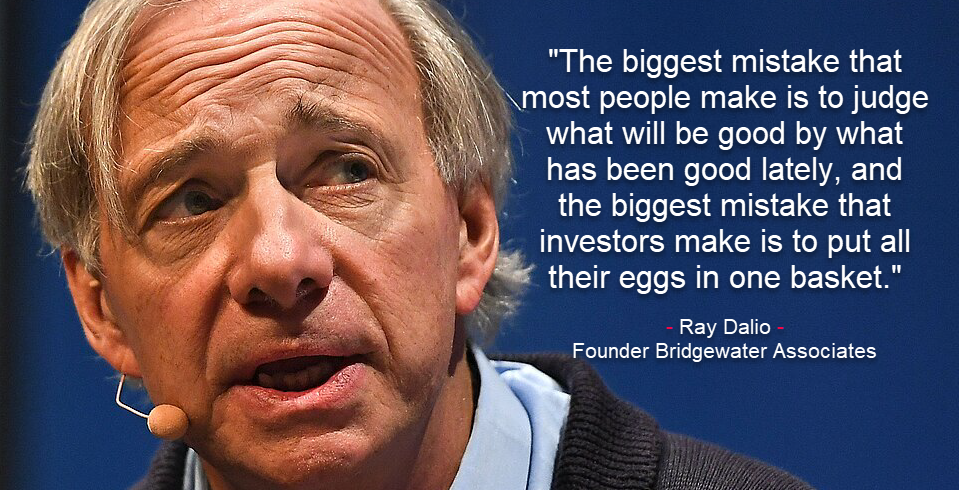The foundation of the stock market is investor confidence. A dip in this confidence can signal the onset of a crash. It’s a domino effect: skepticism about economic stability leads to reduced investment. This dwindling inflow causes stock prices to fall as more investors withdraw than join. This cycle can escalate into a major market shock if confidence erodes significantly. Remember, investor confidence is the bedrock of the market; its absence can halt the entire financial system.
Inflation and Unemployment’s Role
For market-savvy individuals, keeping an eye on economic indicators like inflation and unemployment is crucial. Inflation, a measure of price increases over time, directly influences investment returns. High inflation usually drags stock prices down, while low inflation can boost them. Unemployment rates are equally telling, reflecting the economy’s strength. High unemployment means less consumer spending, impacting the market negatively. Hence, adjusting investment strategies in response to these indicators is a wise move.
The Impact of Political Instability on Markets
Political turbulence can wreak havoc on stock markets. Uncertain or weak government policies deter investment, as businesses seek stability for their financial commitments. This uncertainty can erode market confidence, leading to significant price drops. The 2020 market crash, induced by global lockdowns, is a stark reminder of how political decisions can trigger market panics, causing substantial economic repercussions.
Natural Disasters Impact on the Stock Market
Natural calamities like storms, earthquakes, and wildfires can devastate supply chains and disrupt business operations, impacting the global economy. These events can unsettle stock markets, prompting investors to shift their funds. The aftermath of such disasters can have enduring effects, from revenue losses to increased operational costs. Hence, governmental efforts to mitigate these impacts and stabilize investor sentiment are crucial.
Oil Prices
A sudden plunge in oil prices could precipitate a market crash. This could unsettle the entire economic landscape, affecting companies across various sectors. Governments must therefore vigilantly monitor oil price trends and act swiftly to stabilize the market, safeguarding investors and businesses from potential crises.
Being Alert to Warning Signs
A stock market crash, characterized by a rapid and steep decline in stock values, can be triggered by factors including investor confidence, economic indicators, political instability, natural disasters, and oil price fluctuations. To safeguard your investments, stay alert to these signs and be ready to act swiftly in case of a market downturn.
Historically, market crashes have been unpredictable yet impactful, reshaping the financial landscape. The Great Depression of the 1930s and the 2008 Financial Crisis are prime examples. In today’s interconnected global economy, the ripple effects of a crash can be felt worldwide, influencing not just investors but also everyday consumers. It’s essential to understand these dynamics and adopt a proactive approach to investment, blending caution with opportunity.
Technological advancements, like algorithmic trading and AI-driven market analysis, are reshaping how investors respond to market trends. While these tools offer precision, they also introduce new complexities and potential vulnerabilities in the financial system.
To learn more about the stock market check out “Stock Market for Beginners” section.






